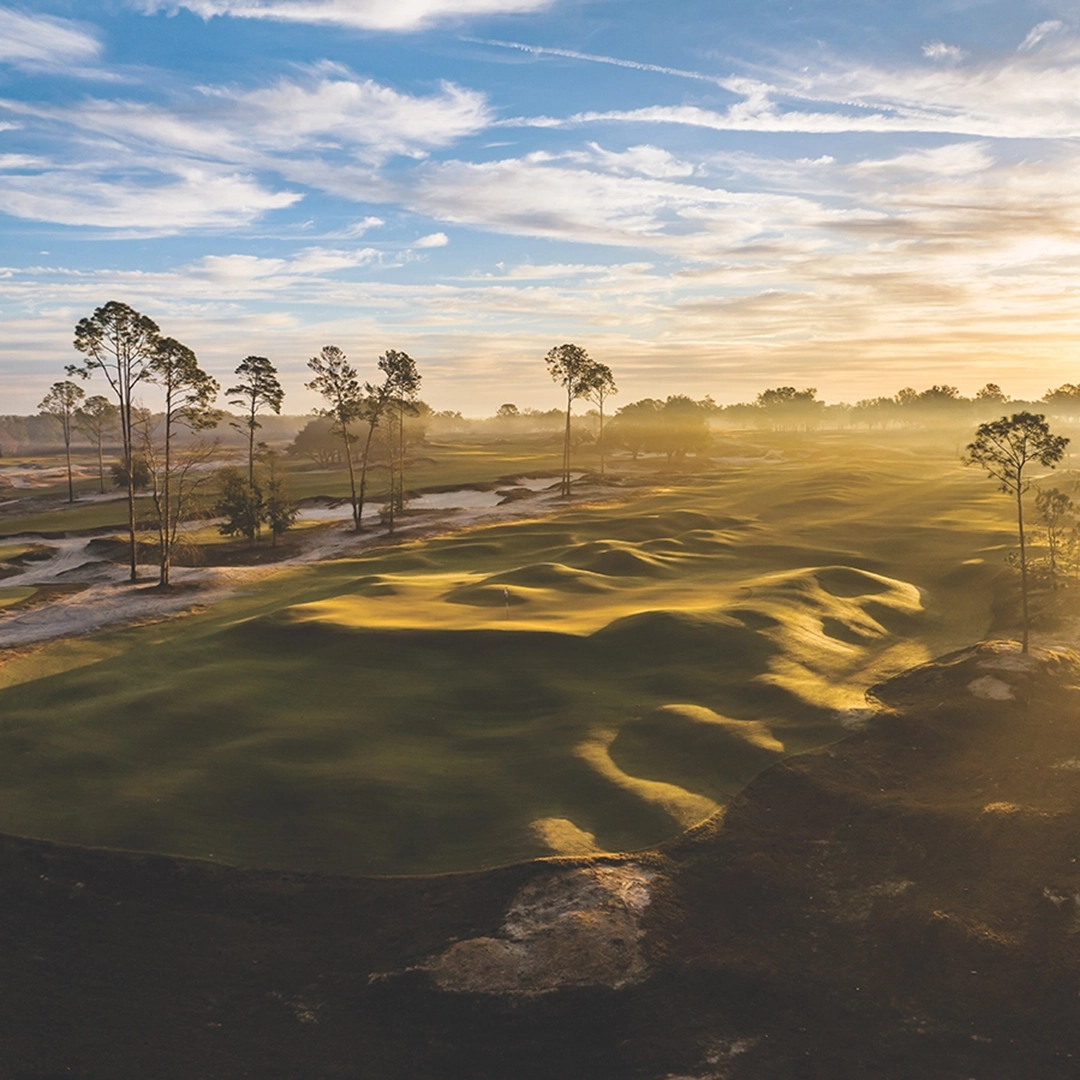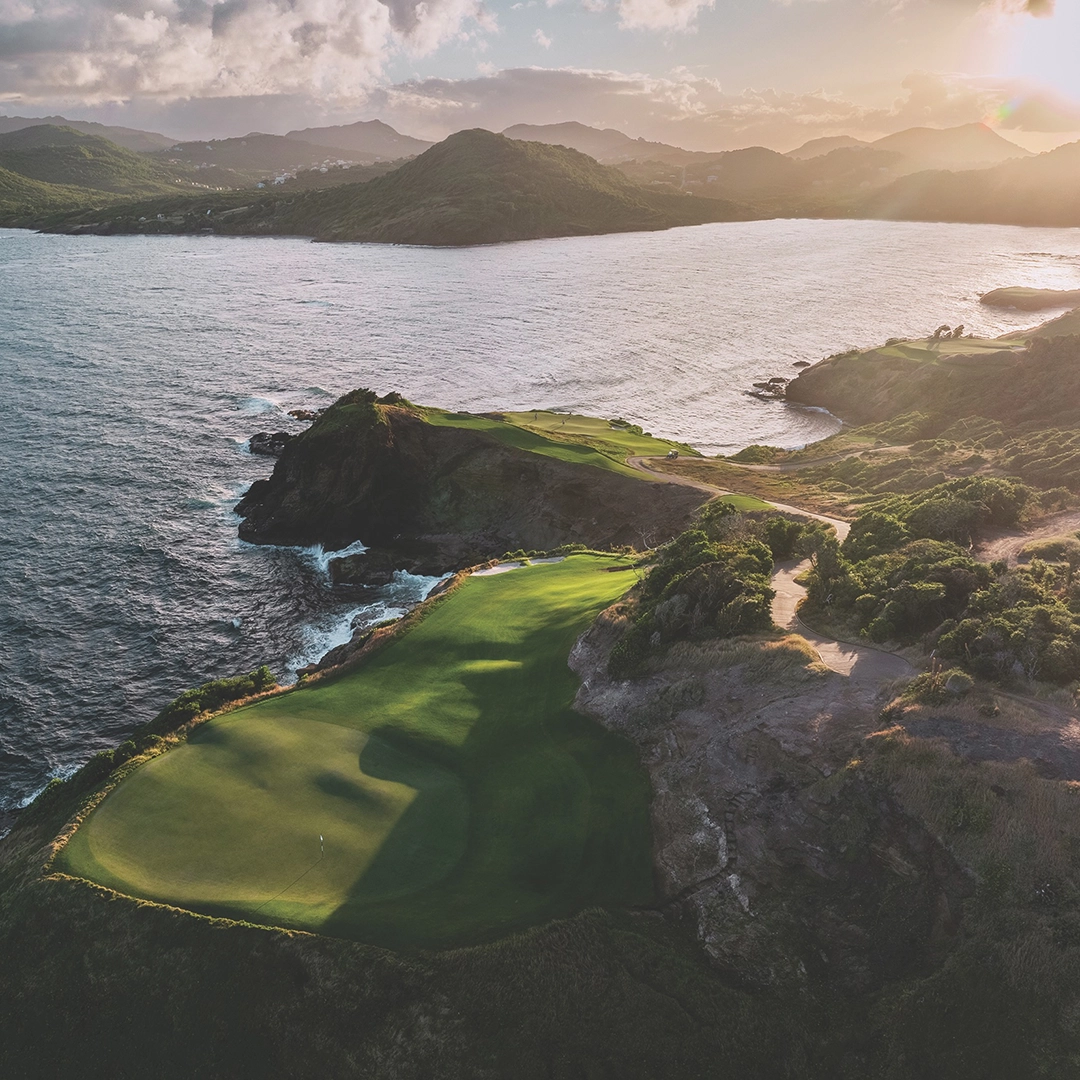by Jessica Giles | May 19, 2020
What COVID-19 Means for Florida’s Fishing Guides
With much of Florida's prime tarpon fishing season strangled by coronavirus, how do guides make up for the time and money lost? They don't.

In mid-March, when the relentless Florida sun begins to warm the coastal waters, tarpon roll in nature’s choreographed dance, their presence known only when their fins shatter the glassy surface like a mirror. Come April, thousands of them trace the state’s curves down to the Keys for a fishing spectacle unlike anything in the world, and each year the anglers are right on their heels (er, fins?), eager to reel in 100 pounds of unwieldy scales hellbent on freedom.
This March through July season is a goldmine, not only for those hoping to land a record-breaking catch, but also for the fishing guides who take them out. The cashflow from these few months helps sustain them when the waters turn cold and the fish aren’t as plentiful, and most guides find themselves booked solid through the end of summer. But this year, they’re staring down a fearfully empty calendar. COVID-19, restrictions on boating and the fear surrounding the virus have all but strangled the state’s once-thriving fishing industry. With no way to recoup the time lost and uncertainty surrounding the remainder of the year, these fishing captains are scrambling for ways to make up for their vanishing revenue.

Greg Peterson, a fishing captain based out of Tampa Bay, says he brings in about 75 percent of his yearly earnings from March through the end of July.
“You make good money in the summer when you’re working but you have to rely on that for the rest of the year,” he says. The current climate has sliced the number of charters he’s running in half, leaving little cushion for the slow months.
“I don’t think it’s going to change until late summer, I really don’t,” he says.
It’s a mixture of travel restrictions, fear about the virus and confusing rules leaving guides unsure what they legally are and aren’t allowed to do, he says. Some counties closed their boat ramps but allowed captains to run charters if they could get on the water. Others kept their ramps open but forbade fishing guides from taking out charters. On top of worrying about feeding their families, making boat payments and fighting to keep their guide businesses alive, they’re also struggling to abide by the ever-changing rules.
Even pillars of the guide business like Benny Blanco aren’t immune to the fallout from COVID-19. The seasoned Everglades guide and host of the TV show “Florida Sportsman Watermen” normally books his tarpon season two years out, but ever since the virus began its crusade across the U.S., fishing was the first thing to go, he says. “For me personally, that’s a pretty terrifying thing,” Blanco says. “I have three daughters. I’m the sole provider for my family, and to not have any income in the month of April, that’s a huge shock.”
It isn’t as simple as picking up a second job, Peterson says. The schedule of a fishing guide is unpredictable, especially now when the appetite for charters isn’t clear. Peterson spends his free time installing boat covers as a side business, but even with that supplemental income, he only expects to break even.
“I have three daughters. I’m the sole provider for my family, and to not have any income in the month of April, that’s a huge shock.” — Benny Blanco
And when the season is over, it’s over. There’s no coaxing the tarpon back or making up for lost time. All there is to do is wait.
But some companies, like Postfly, are realizing the ripple effect that this could have on the industry at large. Guides act as the lifeblood of the fishing community, says Brian Runnals, founder and president of Postfly, a fly fishing subscription box service. They’re responsible for introducing new people to the sport, getting them hooked on the feeling of wrestling a 6-foot beast on the end of a line. When the guide community is ravaged, so too is the industry.

Postfly recently launched Save the Season, a campaign that raises awareness and money for fishing captains who are struggling to stay afloat.
“They’re people, and they’re trying to earn a living for their families and themselves and their children,” Runnals says.
The campaign collects donations either through direct monetary contributions or sales of Save the Season apparel, which it will then redistribute to guides who apply for grants. To date, the initiative has raised about $15,000 to give back to fishing captains all across the country. About 150 guides have applied to receive funds and Postfly hopes to start distributing the money this month.
Runnals knows that the grants won’t single-handedly sustain these captains, but he hopes it will at least put one meal on the table, cover a boat payment or keep the lights on. Peterson says the Save the Season campaign isn’t just giving out grants, it’s making people aware of the dire predicament that guides are in. One client read some of Peterson’s story on the campaign’s website and decided to pre-pay for two charters just to give him some cashflow.
The future of Florida’s fishing industry isn’t apparent yet. Established captains may scrape by with scattered charters and dwindling savings accounts, while newbies will be forced out of the industry before they even get their sea legs. For now, they’re all forced to practice the same hopeful anticipation they do when they feel the weight of the fishing rod in their hand, waiting for a tug from the tarpon rolling beneath the surface.





